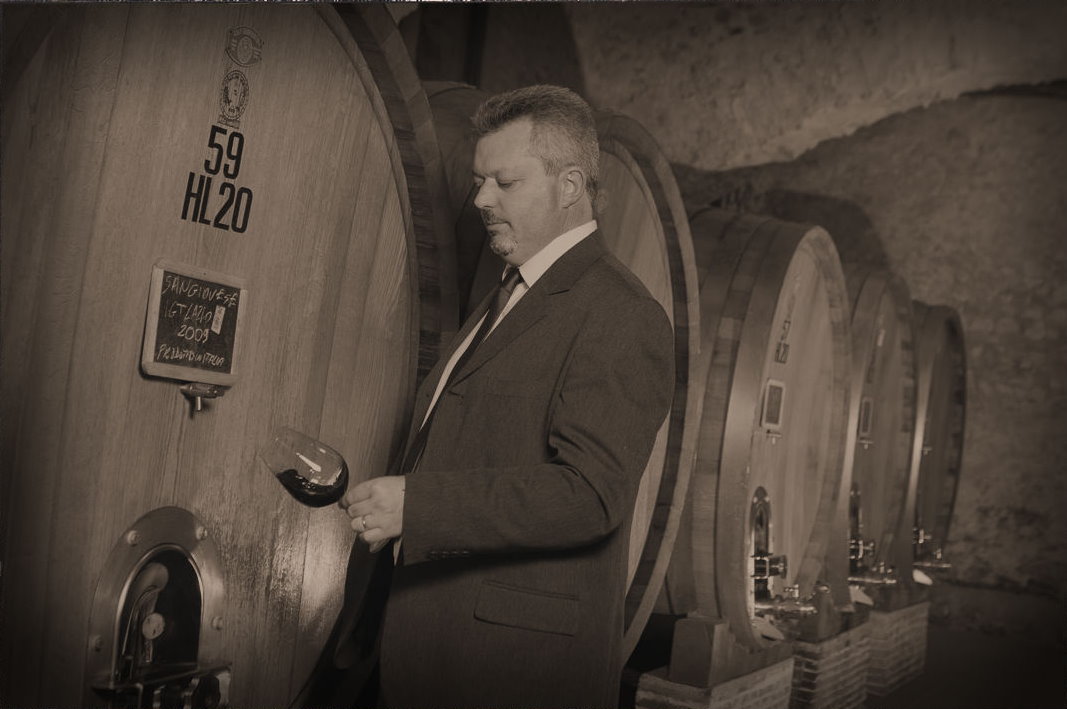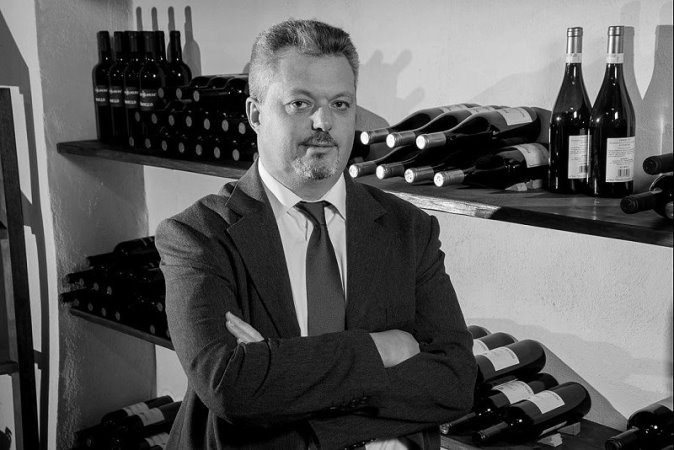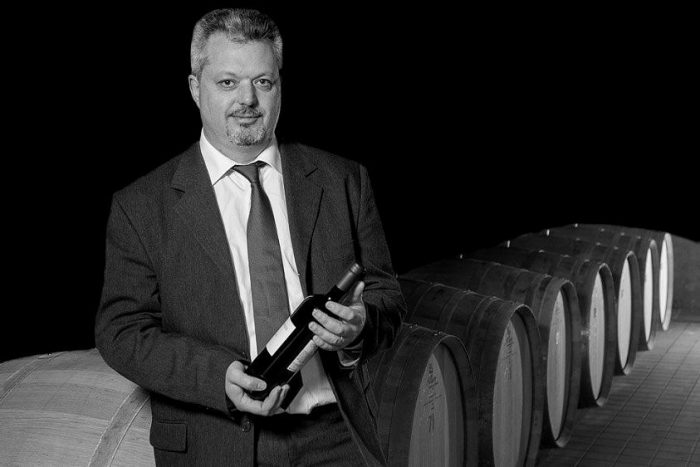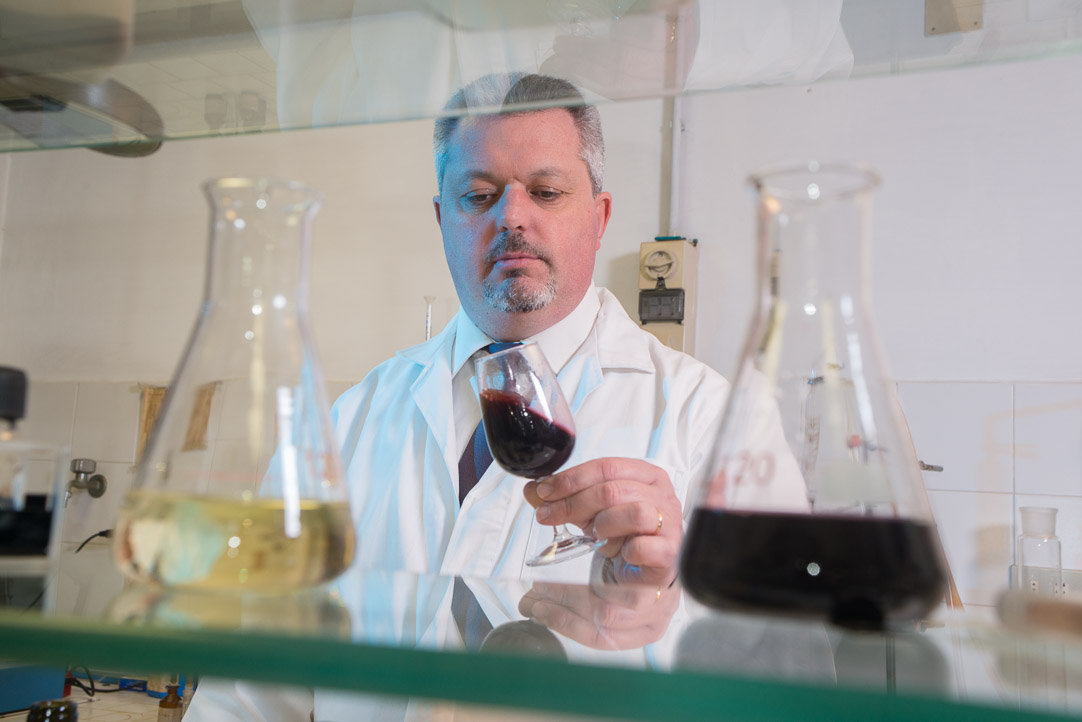The Wolf Post, supported by a Cultural Association, offers a professional service with free access, without subscription.
For this reason, a donation would also be a sign of appreciation for our work.
The cellar is the beating heart of the company where the manual skills of the operators and the knowledge of the winemaker merge. Of course, today, technology is an indispensable element which, however, according to some, has taken poetry away from a work that is lost in the mists of time.
We ask the oenologist Carlo Roveda for his opinion on the matter.
What is your opinion on the statement: “Wine is no longer made in the vineyard, but only in the cellar”? A cliché sentence or does it hide a grain of truth?
We have to distinguish: there are two enologies, both of which are respectable. One is oriented to the preparation of “first-rate” wines, commercial products that have an important role in the national and foreign market. It is important to have standard quality raw material available which will then be enhanced and characterized with the cellar activities. Then, there is a production of a higher quality level, in which the peculiarities of the terroir, therefore the environment, the soil, the agronomic practices, the vineyard is decisive in obtaining wines for a less price-oriented, more demanding market and always inclined to seek in the “glass” the distinctive characteristics of the production area. In fact, the vineyards in the large wine-growing areas have reached very high prices, testifying to the great interest they exercise.

© Carlo Roveda Winemaker
How much has technology in the cellar improved and how depersonalized the work of the winemaker?
Cellar technology has always been an ally of the winemaker. Certain quality levels cannot be reached without adequate technological support. It is important to know how to choose and direct technologies to enhance and not to standardize, to make the peculiarities of the terroir express in the best way. So it does not depersonalize but characterizes the work of the winemaker.
According to your experience, which technological tool today is impossible to give up?
All the cellar technologies that have been consolidated for decades are indispensable. For example, the cold, the soft pressing of the grapes and many others are part of the DNA of every winery. What I want to emphasize, however, is the responsible use of specific biotechnologies for wine that have led to important qualitative improvements, for example the considerable reduction of the sulfur dioxide content.
Let’s not forget the computerization of the production process, the traceability of all production is essential for medium/large companies to guarantee the quality level of their wines.

© Carlo Roveda Winemaker
What are the main criticalities of a winery and what is your modus operandi to solve them?
The most common are structural criticalities, availability of space, capacity, production capacity of some machines that are not adequate to the needs. It is necessary to carefully plan all stages of production. The most dangerous critical issues, however, are the organizational ones of medium-large companies, it is necessary to clearly establish the roles, skills and consequent responsibilities of each one. Managing “human material” is not always easy, knowing how to establish a collaborative relationship is essential.

© Carlo Roveda Enologo
In your imagination, how should your ideal cellar be structured? Did you manage to find it in any company?
In my opinion, the ideal cellar must be integrated into the environment, one with it, with the simple linear production section that allows the production flow to take place without hitches or “bottlenecks”. The part of the services, of the administrative activities, of the reception of customers is good to have more scenographic characteristics, in tune with the local sensitivity and culture.
The structures built until a few decades ago were purely functional to production, now there is a tendency to give more importance to the image, communication, scenography, they do not always fully satisfy production needs.








